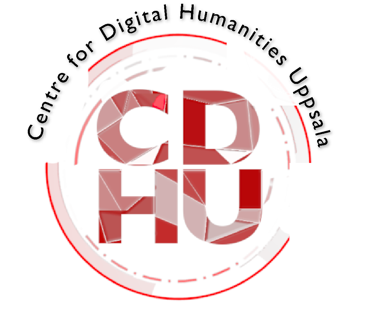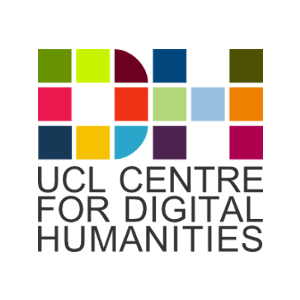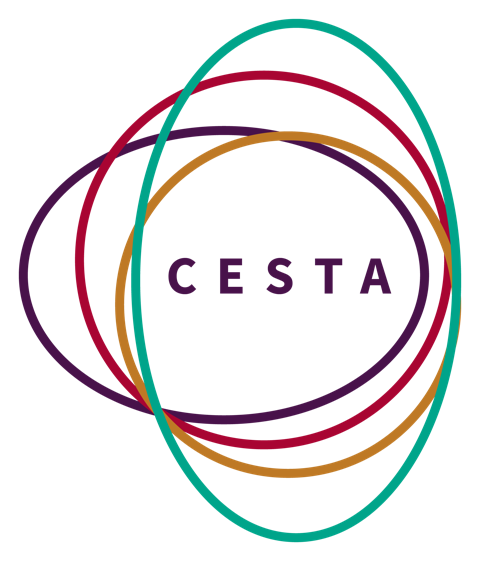February 23, 2021
Digital Humanities and Spatial History: Atlantic World Stories
Zephyr Frank, Stanford University
View the talk
Abstract: Zephyr Frank describes and discusses a series of DH projects that have developed at CESTA and have addressed major issues in the history of the Atlantic World, including slavery and the experience of enslaved and freed persons in particular. The talk focuses on the use of digital humanities tools in illuminating the cultural parameters of the late nineteenth-century shift in Brazilian patterns of wealth-holding.
Zephyr Frank is Professor of History and the Director of the Program on Urban Studies at Stanford University. He was also the founding Director of the Center for Spatial and Textual Analysis (CESTA) 2011-16. His research interests focus on Brazilian social and cultural history, the study of wealth and inequality, and the digital humanities. Zephyr’s research on the literary corpus of nineteenth-century Brazil gave rise to his most recent monograph Reading Rio de Janeiro: Literature and Society in the Nineteenth Century (2016).
Response by Laura Stokes and Madeline Tondi:
Zephyr Frank opened his talk with a consideration of the tensions that exist between the tools and methods of the digital humanities and the archival sources of traditional historical analysis. He asked how we should apply the tools of digital humanities to the questions that arise from more conventional historical sources. He then described how he constructed databases from a set of 19th-century Brazilian novels to examine the cultural meanings of the contemporary transformation in wealth holding that he had discovered through the quantitative social-scientific analysis of archival material.
Using the “mixed toolkit” of the digital humanities, Frank created a series of eye-catching visualizations that showed the spatial and social networks among physical spaces and character interactions. He asked how digital humanists should approach material that resists easy translation to digital representation. Data visualization has the potential to render literary analysis more accessible to those unfamiliar with the source text, but an over-enthusiastic use of these tools may obfuscate or distract from a project’s main focus.
Frank closed with a discussion of the potential problems that arise from the process of exploring the digital humanities. As new, exciting tools emerge, it is easy to allow these to dictate the directions that DH research takes, at the risk of eclipsing our original questions. The resulting visualizations can raise as many questions as they answer, and require translation and framing to prevent accidental misrepresentations. On the whole, Zephyr Frank found his engagement with the digital humanities deeply productive, but he noted that the process required a considerable investment of time which could make it inaccessible or problematic for early career scholars.
Respondents:
Madeline Tondi is a graduate student at UCL, working on a Masters of Science in the Digital Humanities. Her scholarly interests began with film and media studies and are currently focused contextualizing data visualization and nonfiction media, like podcasts, in the broader history of the documentary field.
William Parish is a graduate student at Stanford University, working on a PhD in Transnational, International, and Global History. His scholarly questions are anchored in the transnational dimensions of Indigenous belonging and Indigenous sovereignty, and spatial history is central to his work.


